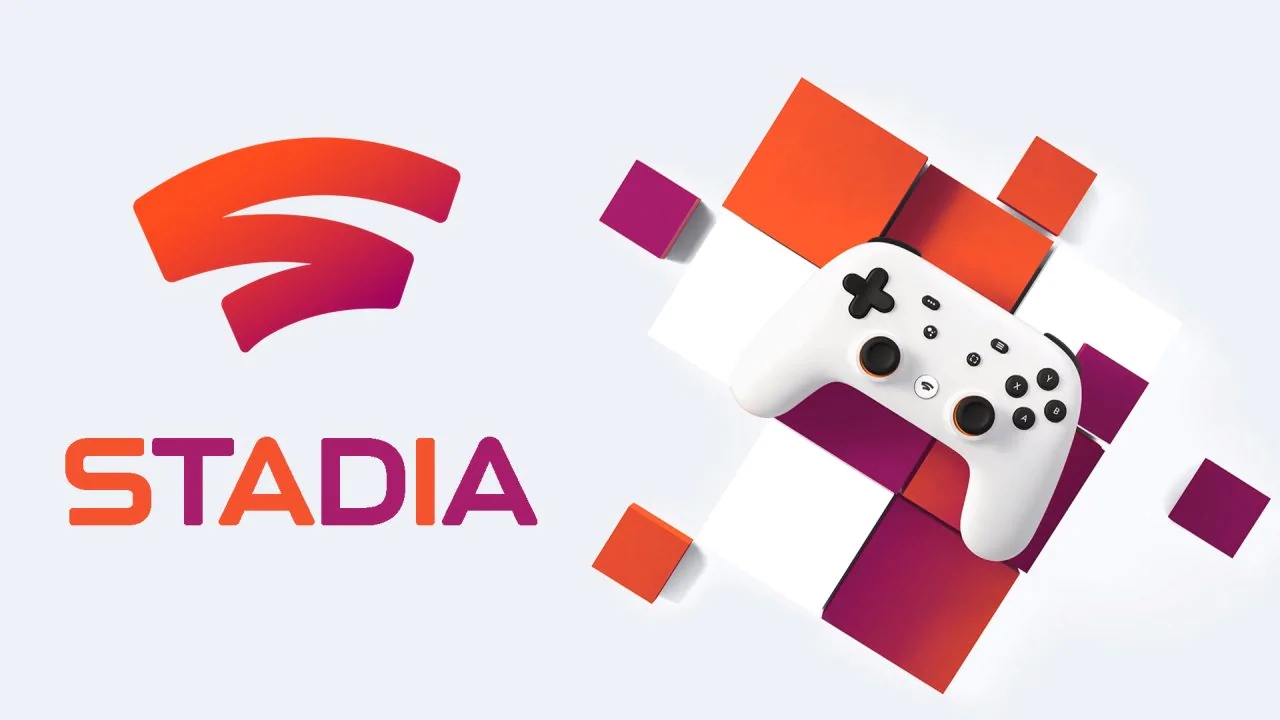Even Google Couldn’t Push Linux Gaming Forward

Our friends over at Boiling Steam recently reported leaked documents highlighting the reasons why Google cancelled Stadia. Chief among them was the time and money it took for developers and publishers – particularly the AAA studios – to port their games over to Linux.
Google ultimately went with Linux on their servers to “provide the greatest flexibility and opportunity for customization”:
We faced a decision between, on the one hand, technologies that would provide the most flexibility and opportunity for us to realize our vision and, on the other hand, technologies with which third-party game developers were already familiar and for which they could more easily develop new games and port their existing catalog of games. We ultimately opted to use technologies, including the open-source Linux operating system and Vulkan graphics API, that provide the greatest flexibility and opportunity for customization, as we believed this would enable the creation of new types of games, lead to the best end user experience on Stadia, and the best streaming quality.
While Windows was considered at one point, due to ‘reduced costs’ for game companies to keep their games running on said platform, Google ditched this since they “determined that Windows licensing fees were cost prohibitive for the long term viability of the service” and “would not allow for the customization needed to create the high-quality end user experience that Stadia envisioned.”
Even with the boatload of cash Google has, they still couldn’t help the bigger fish in the pond (AAA devs/publishers) bring their games over to Stadia, citing the porting process to be time-consuming and money-hungry. And even though they had made some tools to make the porting process easier – such as “low-change porting,” libraries that “auto-translate DirectX to Vulkan,” and “cloud native play testing and quality assurance options” – this still couldn’t help convince publishers to get on board. This, in turn, drove consumers away, since Stadia’s catalog of games were significantly less than competing services like Steam.
Google cites devs preferring to use the Windows technologies that they’re already familiar with for developing games, rather than learn new APIs to bring their games over to Stadia:
This default preference for developers to use Windows made it easier for cloud gaming services based on Windows to bring existing games to their services from a technical perspective even if it creates additional licensing costs. For these same reasons, developers are likely to develop future titles for Windows first, requiring those titles to undergo porting to non- Windows platforms as well.
Because of all of this, it wasn’t long before Google canned their internal game studios, and while they tried to keep their service alive by selling their Stadia tech to those who may be interested in implementing it, they were “still unable to attract enough subscribers to maintain a viable business.” As a result, the internal studios were closed in February 2021, and Stadia was entirely eradicated by January 2023.
This just goes to further confirm that, investing into native Linux gaming isn’t worth it. Valve tried to do so with their Steam Machine initiative back in 2013/2014. Look where the results went.
Check out the article from Boiling Steam for more details.